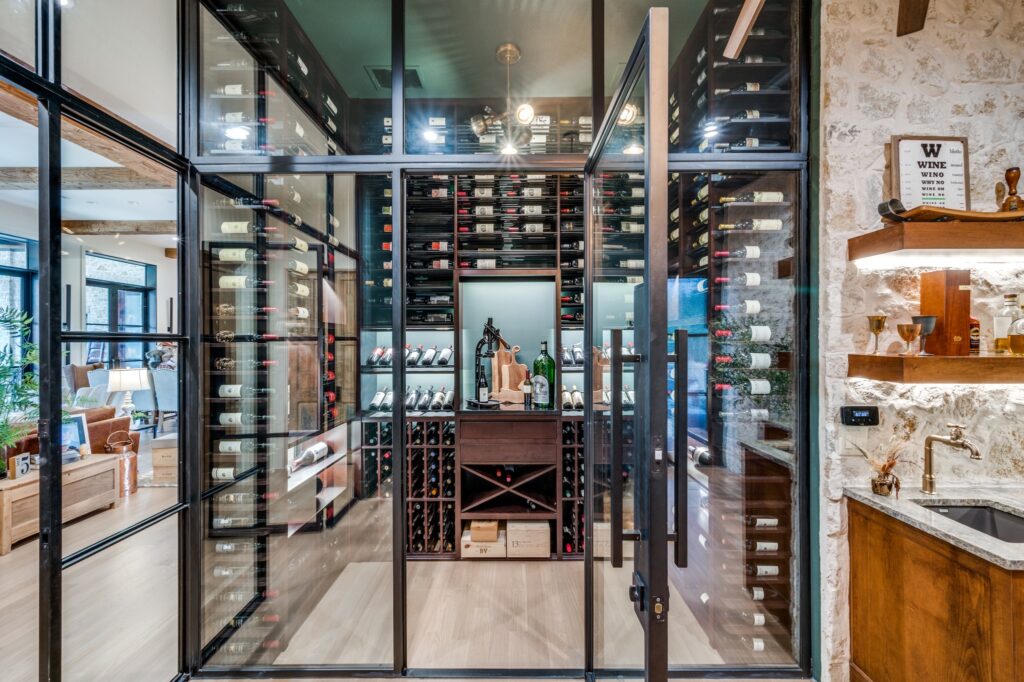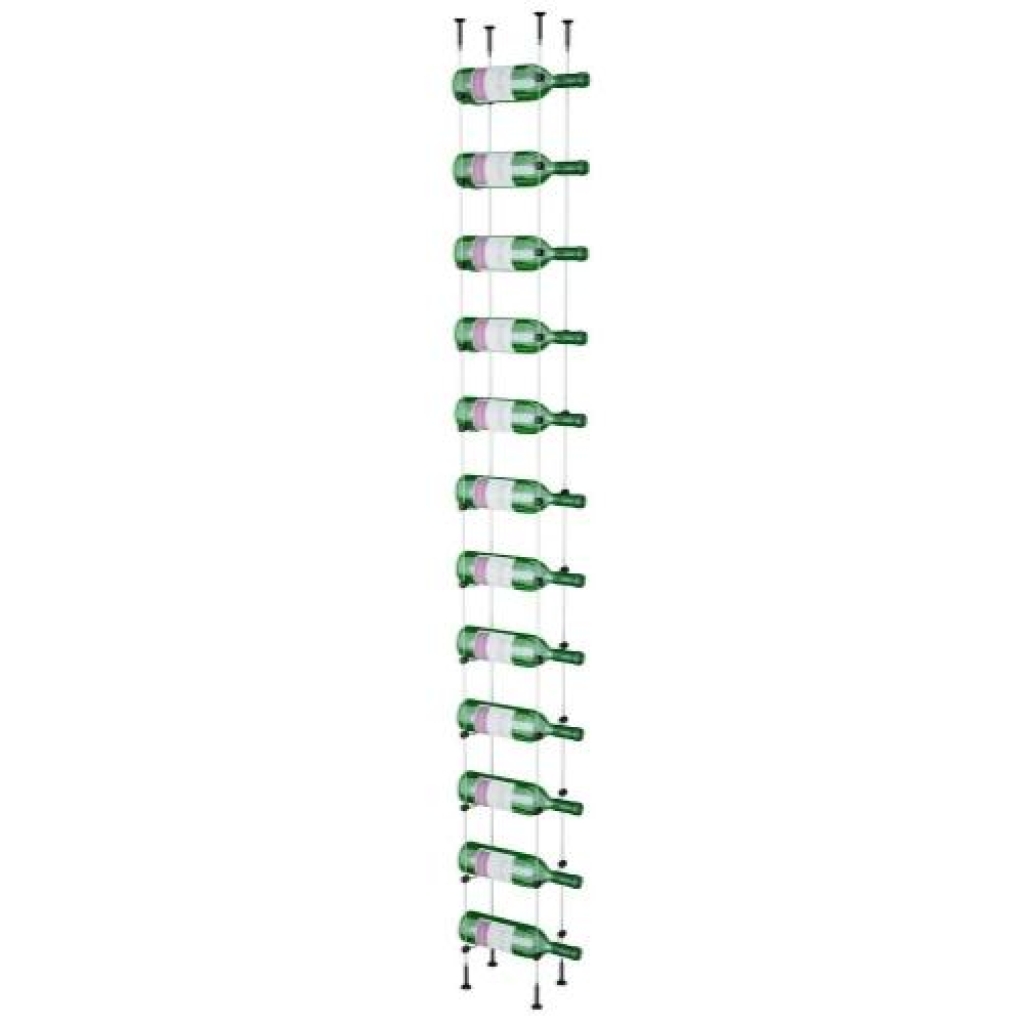Your wine cellar door does more than simply open and close—it plays a crucial role in protecting your collection, maintaining the right temperature, and enhancing the overall look of your space. Whether you’re building a new wine cellar or upgrading an existing one, choosing the right door is essential. Here’s a helpful guide to finding the perfect wine cellar door for your needs.
1. Understand the Importance of Proper Insulation
A wine cellar door must help maintain consistent temperature and humidity inside the cellar.
Look for doors that are insulated, sealed, and built to prevent air leakage. Poor insulation can cause your cooling system to work overtime and jeopardize the condition of your wine.
2. Consider the Door Material
Different materials offer different aesthetics and performance levels:
Solid Wood Doors: Classic and timeless, offering warmth and charm. Ensure they are engineered to withstand humidity.
Glass Doors: Modern and elegant, often used in contemporary wine rooms. These must be double-paned or thermally insulated.
Iron or Metal Doors: Stylish, durable options ideal for climate-controlled spaces when paired with insulated glass.
Choose the material that suits both your design preference and your cellar’s climate control needs.
3. Ensure It Has Proper Weatherstripping
A high-quality wine cellar door should have proper weatherstripping around all edges to create a tight seal when closed. This prevents warm air from entering and cold air from escaping, protecting your wines and reducing strain on the cooling unit.
4. Think About the Door Thickness
For maximum insulation, opt for a door that is at least 1.75 inches thick. Thicker doors provide better temperature stability and noise reduction, especially for active cooling systems.
5. Evaluate the Design and Style
Your wine cellar door contributes significantly to the aesthetic of your space. Consider:
Rustic or classic wood designs
Sleek, minimalistic all-glass entrances
Iron frames with decorative details
Frosted, etched, or custom-patterned glass
Choose a style that enhances your home and highlights your wine collection. Get a custom designed wine cellar door today.
6. Choose Between Swing or Sliding Doors
Both options work well in a wine cellar, depending on your layout:
Swing doors offer a traditional look and strong insulation.
Sliding or barn-style doors save space but must be specially engineered to maintain proper sealing and insulation.
Make sure your choice fits both the function and flow of your room.
7. Check for a Properly Rated Wine Cellar Lock
If your collection is valuable, consider a door with a secure lock system. Many glass or metal doors come with built-in locking mechanisms that keep your wines safe from curious visitors and children.
8. Pay Attention to Glass Specifications
If you choose a glass wine cellar door, ensure the glass is:
Tempered for safety
Double-paned or triple-paned for insulation
UV-protected if exposed to natural light
This ensures temperature stability and prevents UV damage to labels.
9. Confirm Compatibility With Your Cooling System
Your wine cellar door must work hand-in-hand with your wine cooling unit. Any air leaks can cause temperature fluctuations. When in doubt, consult with your cellar builder or cooling specialist to make sure your chosen door supports a consistent climate.
10. Don’t Overlook Custom Options
For unique spaces or architectural styles, custom-built doors are often the best solution. They allow you to match specific dimensions, finishes, and design features while ensuring proper insulation and seal quality.
Final Thoughts
The right wine cellar door is a perfect balance of beauty, function, and protective performance. By choosing a door with proper insulation, the right materials, and a style that matches your space, you ensure your wine collection stays safe—and your wine cellar becomes a stunning feature in your home.





